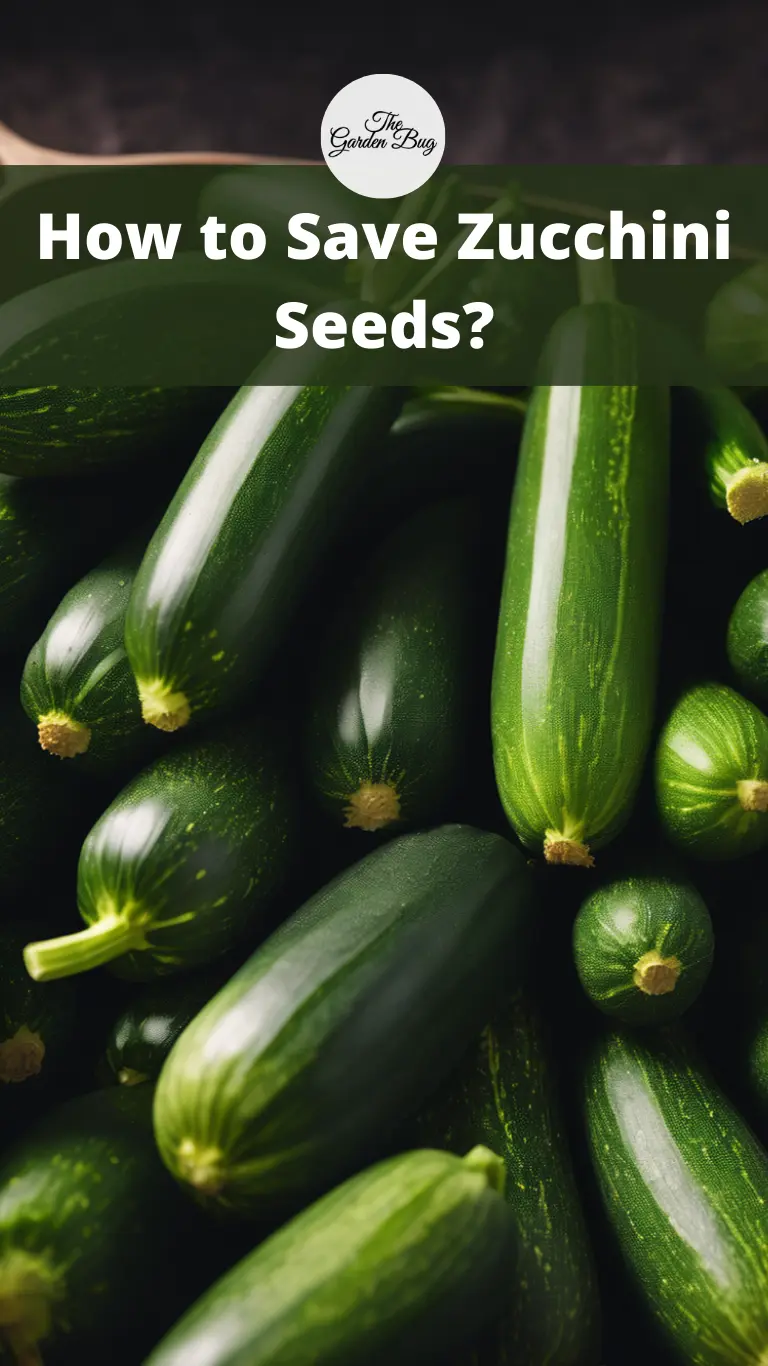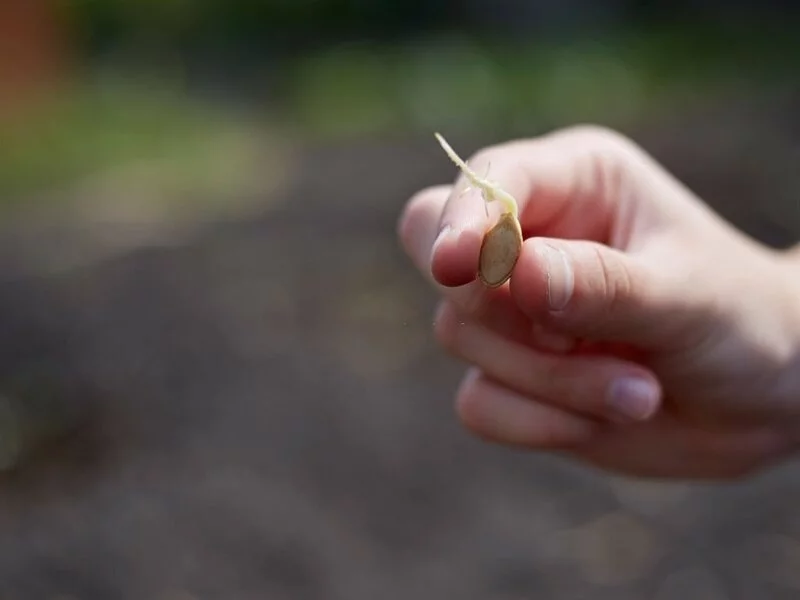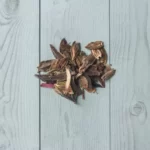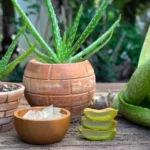Hello, fellow green thumbs! Today we’re diving into the wonderful world of zucchinis, or as some might know them, courgettes. These delicious and versatile vegetables are a staple in gardens around the world, providing bountiful harvests throughout the growing season. But what if you could step up your zucchini game even further? Imagine not having to buy zucchini seeds each season, but instead, saving and using your own. It’s a sustainable, cost-effective, and deeply satisfying gardening experience. Intrigued? Then let’s get started on our seed-saving adventure!
- Glossy, black-green zucchini with creamy, White flesh. Plants are easy to grow with an early harvest
- Each packet contains 100 seeds
- Sow outdoors 4 weeks after the average last frost date and harvest in 50 days
- Plant Height is 12″. plant spread is 72″. yields 6-8″ fruit
- Annual for all growing zones from 1-11. Sunlight exposure = full-sun
Zucchini Seeds
Before we jump into the how-to of saving zucchini seeds, let’s take a moment to understand what we’re dealing with. Zucchini seeds are the tiny kernels that you find in the center of the zucchini. You’ve probably scooped them out when cooking a stuffed zucchini recipe.
These seeds are little packets of life, carrying all the genetic material necessary to grow a new zucchini plant. Saving these seeds allows you to continue the lifecycle of the plant, turning one season’s harvest into the starting point for the next season’s growth.
Zucchini seeds are typically ready for saving late in the plant’s lifecycle, when the zucchini has fully matured and even become a little oversized. These mature zucchinis hold seeds that have developed completely and have the best chance of producing strong, healthy plants in the next season.
Intrigued? Excellent! Let’s dive deeper into this process and learn how to choose the right zucchini for seed saving, and then how to extract, dry, and store those precious seeds. Your journey to sustainable zucchini cultivation begins right here!
Choosing the Right Zucchini for Seed Saving
Not every zucchini makes the cut for seed saving – and that’s okay! To get the best seeds, you’ll want to look for a zucchini that’s fully mature. This means it’s larger than the zucchinis you’d usually pick for eating, typically around the size of a water bottle or even bigger. It should have a hard skin and deep, rich color. These signs indicate that the seeds inside have fully developed and are ripe for the saving.
Also, make sure to choose a healthy plant. Saving seeds from strong, vibrant zucchinis ensures that you’re passing on good genes to the next generation of plants.
Step-by-Step Process of Saving Zucchini Seeds
Ready to become a zucchini seed-saving maestro? Just follow these simple steps, and you’ll have a stash of viable zucchini seeds in no time.
- Harvest: Pick your chosen mature zucchini from the vine. A slight twist should easily separate it.
- Cut: Slice your zucchini lengthwise to reveal the seed-filled core.
- Scoop: Use a spoon to gently scoop out the seeds. You’ll notice a gel-like substance around the seeds – that’s perfectly normal.
- Rinse: Place your seeds in a colander and rinse them under cool running water. This helps to separate the seeds from the surrounding pulp.
- Dry: Spread your seeds out on a flat surface, like a baking tray or a piece of parchment paper, and let them dry. This can take a few days. Make sure to stir them occasionally to ensure they dry evenly and don’t stick together.
- Store: Once completely dry, store your seeds in a cool, dry place. An envelope or a glass jar works perfectly.
And voila! You’ve successfully saved your zucchini seeds. Next up, we’ll look at some handy tips for storing your seeds, and how to plant them for a new round of zucchinis when the next growing season rolls around.
Tips for Storing Zucchini Seeds
Now that you’ve harvested your zucchini seeds, you might be wondering how to keep them safe until the next planting season. After all, we don’t want your hard work to go to waste. Here are some simple tips:
- Keep Dry: It’s essential to make sure your seeds are entirely dry before storage. Any moisture can lead to mold and ruin your seeds.
- Proper Container: Use envelopes, paper bags, or glass jars for storage. Just avoid plastic, as it can encourage moisture buildup.
- Cool and Dark: Store your seeds in a cool, dark place. A drawer in an unheated room, a basement, or even your refrigerator can work well.
Using Saved Zucchini Seeds
When the next growing season arrives, your saved seeds are ready for action! Plant them in well-drained soil, about an inch deep. Make sure to give them plenty of space to grow, as zucchini plants can get pretty big. Then, water them regularly, and before you know it, you’ll see tiny zucchini plants sprouting up, ready to provide a fresh bounty.
Conclusion
There you have it! You’ve embarked on a seed-saving journey, from selecting the perfect zucchini to harvesting, drying, storing, and finally planting the seeds. This simple yet fulfilling practice is a step towards self-sufficiency and a testament to the magic of growing your own food. So pat yourself on the back. You’re not just a gardener now – you’re a seed saver, actively contributing to the cycle of growth. As you look forward to your next harvest, remember that every zucchini began its life as a tiny seed, saved and sown by you. Happy gardening!





